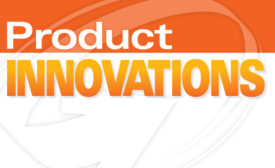Environmental Health and Safety
Court rules Exxon must turn over refinery blast info to CSB
Investigation stalled due to litigation
December 11, 2019
1 in 5 teens, 1 in 4 young adults have prediabetes
Prediabetes: An emerging health threat can lead to type 2 diabetes
December 9, 2019
Become a Leader in Safety Culture
Build your knowledge with ISHN, covering key safety, health and industrial hygiene news, products, and trends.
JOIN TODAYCopyright ©2025. All Rights Reserved BNP Media.
Design, CMS, Hosting & Web Development :: ePublishing









